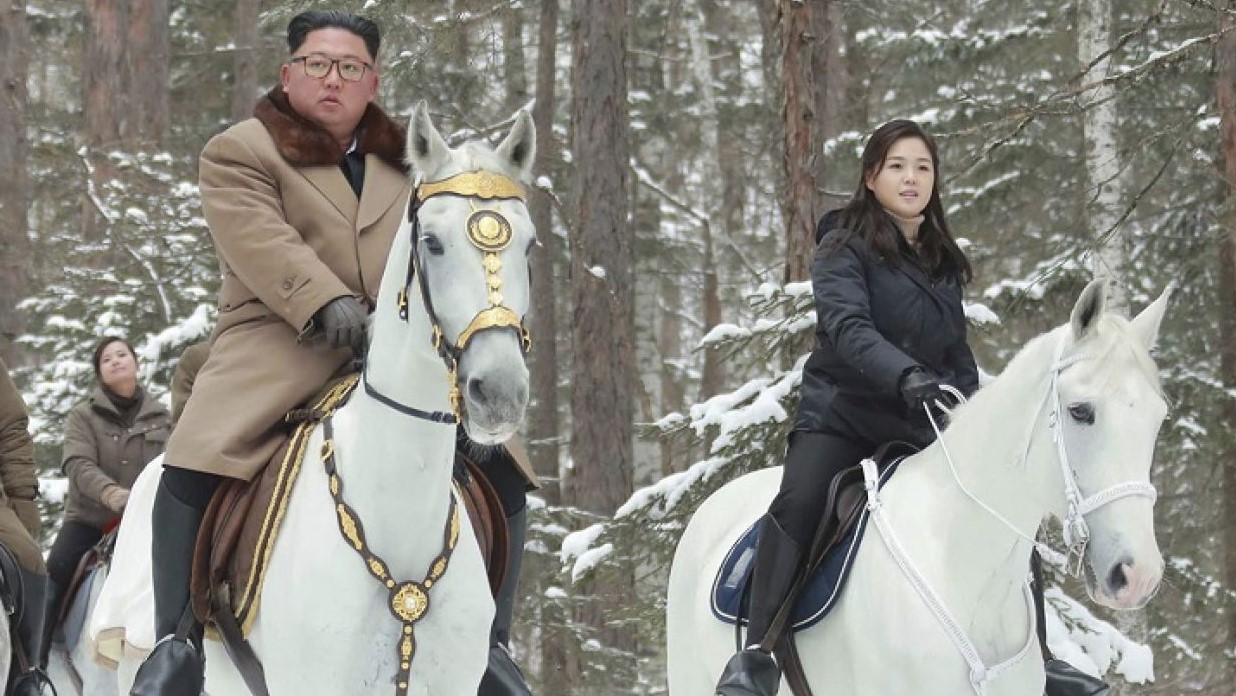It’s now about two months since a deadly novel coronavirus was found in the Chinese city of Wuhan, and nearly every country and territory in East Asia has confirmed a case. But not North Korea.
Every country and territory within a 1,500-mile radius of North Korea,
except for sparsely populated Mongolia, has confirmed a case. It’s unclear how
North Korea has been able to avoid the virus. Pyongyang has either been very
lucky, isn’t saying something or is reaping one of the few benefits of being a
so-called “hermit nation.”
Nam Sung-wook, a professor at Korea University who previously served as the head of South Korea’s National Intelligence Service (NIS), said it’s very possible someone inside North Korea — a country of 25 million people — has been infected. Nam suspects a Chinese patient could have infected someone from North Korea across their shared border. “We know that the Chinese regions close to the North Korean border, such as Dandong and Shenyang, have confirmed patients. About 90% of North Korean trade is with China and we know so many people, trucks and trains passed through the border between the two nations before North Korea installed recent regulations” to stop the virus from getting into the country, Nam told CNN.
Despite not publicly acknowledging any confirmed or even suspected cases, North Korea has been uncharacteristically transparent regarding its efforts to combat the virus. It appears the country is taking the epidemic very seriously, according to reports in state-run news service KCNA. North Korea has closed its borders to all foreign tourists, most of whom are Chinese, as a precautionary measure. On January 30, authorities declared a “state emergency,” and that anti-epidemic headquarters were being established around the country, and North Korean health officials had set up a “nationwide test sample transport system” and had the ability to promptly diagnose suspicious cases.
Doctors who have defected in recent years often speak of poor working conditions and shortages of everything from medicine to basic healthcare supplies. Choi Jung-hun, a former physician in North Korea who fled the country in 2011, said when he was helping to combat a measles outbreak in 2006 to 2007, North Korea did not have the resources to operate round-the-clock quarantine and isolation facilities. “The problem in North Korea is that manuals [for doctors] are not followed,” Choi said.
Jean Lee, who previously worked for The Associated Press and opened the newswire’s bureau in Pyongyang, said the virus gives Pyongyang a new excuse to further tighten its borders and justify the draconian social restrictions most North Korean people live under. The majority of North Koreans also do not enjoy freedom of movement and are required to receive government permission to travel to other provinces. Very few are permitted to travel abroad.
Choi, the doctor
who defected, also said, “North Korea has the best control system in the
world. North Korea probably is best at limiting social contacts and regional
traveling because they’ve been practicing that for 70 years.”
[CNN]

